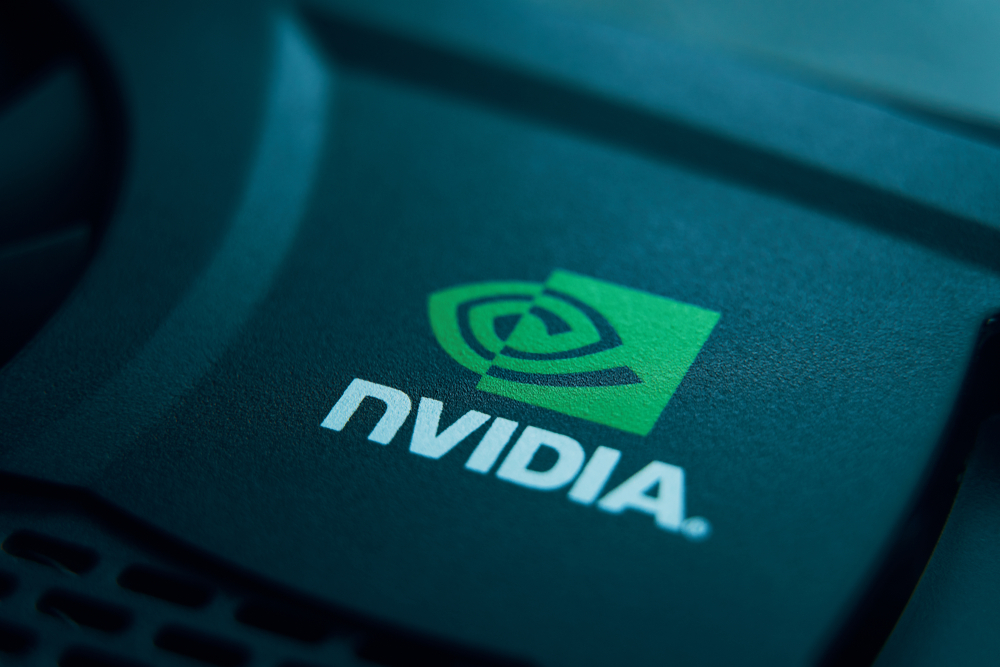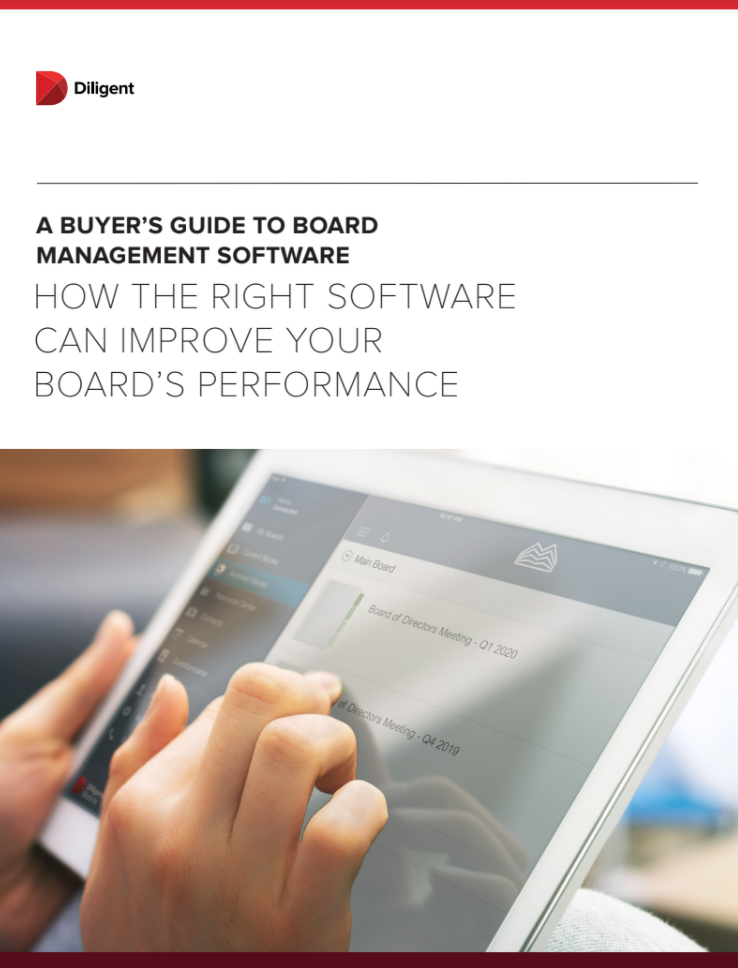Nvidia set to walk away from $40bn Arm deal
Regulatory scrutiny and industry changes have created an environment that is "not conducive to such a merger," according to analysts


Nvidia is reportedly set to abandon its proposed $40 billion deal to acquire Arm from SoftBank.
The American chipmaker has informed partners that it no longer expects the deal to close, sources familiar with the matter told Bloomberg.
The deal, which was first announced in 2020, caused a great deal of concern within the chip industry and has been repeatedly subjected to competition investigations from regulators around the world.
The US Federal Trade Commission announce legal action in December to block the deal, while the UK's Competition and Market Authority and the European Commission are said to be concerned the acquisition could push up prices and reduce choice and innovation.
RELATED RESOURCE

When asked about the matter, a spokesperson for Nvidia pointed to the company's latest regulatory filings which state that the transaction provides an "opportunity to accelerate Arm and boost competition and innovation". When IT Pro approached Arm, the company directed us back to Nvidia.
Deal breakers
While no regulatory action has been handed out as of yet, the attention the takeover has received from governments and regulators around the world has shrouded it in doubt. While Nvidia has consistently said it will invest in Arm and the UK, fears that it will use the acquisition to create a monopoly within the chip industry has remained difficult to ignore for regulators.
However, it isn't the only factor to work against Nvidia, according to Forrester analyst Glenn O'Donnell. He suggested to IT Pro that the trials and tribulations of the semiconductor shortage have pushed the chip industry to the forefront of both the media and the general public, leading to even greater scrutiny of Nvidia.
Get the ITPro daily newsletter
Sign up today and you will receive a free copy of our Future Focus 2025 report - the leading guidance on AI, cybersecurity and other IT challenges as per 700+ senior executives
What's more, mass changes within the industry itself have also worked against Nvidia; Pat Gelsinger's return to Intel appears to have ignited European and US government plans to bring chip manufacturing back within their regions. While this is partly a geographic rebalancing act, according to O'Donnell, it is also deeply rooted in politics.
The industry changes only add to the pressure to oppose the Nvidia-Arm deal as it creates an environment that is "not conducive to such a merger," O'Donnell suggested.
Where does Arm go from here?
O'Donnell, like a number of industry experts, believes that Nvidia doesn't need to "own" Arm - though he does see it as a major strategic coup for the company. However, he did suggest that the collapse of the deal would be a win for the UK.
RELATED RESOURCE

Content syndication isn't dead, but your data processes might be
It's a new (lead) generation
It is worth pointing out that a deal may still go through, but in the likelihood it doesn't, Arm would be left with an uncertain future. There are reports that the parent company SoftBank is considering an IPO, which would seem the most likely option given the lack of alternative suitors. Presumably, any company with the same financial clout as Nvidia - that is also in the chip industry - will face the same regulatory scrutiny.
That's not to say there is no financial interest in Arm; in June 2021, Qualcomm expressed interest in the UK chipmaker, but to invest in it if the Nvidia deal falls through. This, again, points to an IPO as the most likely outcome.
Bobby Hellard is ITPro's Reviews Editor and has worked on CloudPro and ChannelPro since 2018. In his time at ITPro, Bobby has covered stories for all the major technology companies, such as Apple, Microsoft, Amazon and Facebook, and regularly attends industry-leading events such as AWS Re:Invent and Google Cloud Next.
Bobby mainly covers hardware reviews, but you will also recognize him as the face of many of our video reviews of laptops and smartphones.
-
 Bigger salaries, more burnout: Is the CISO role in crisis?
Bigger salaries, more burnout: Is the CISO role in crisis?In-depth CISOs are more stressed than ever before – but why is this and what can be done?
By Kate O'Flaherty Published
-
 Cheap cyber crime kits can be bought on the dark web for less than $25
Cheap cyber crime kits can be bought on the dark web for less than $25News Research from NordVPN shows phishing kits are now widely available on the dark web and via messaging apps like Telegram, and are often selling for less than $25.
By Emma Woollacott Published